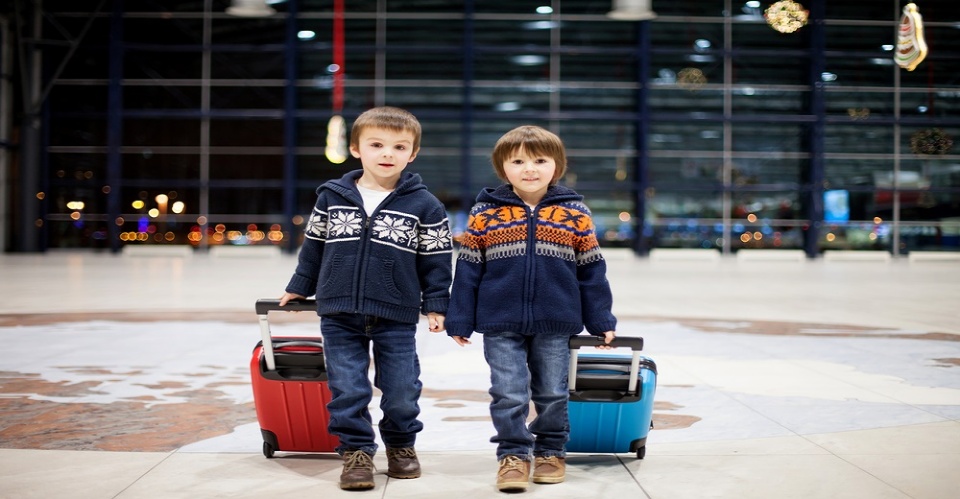Planning a trip with a child under 18? Your child under 18 is taking a trip alone? Here are legal tips for smooth sailing.
1 - Passports
The Canadian government recommends that children under 18 have their own
passports to travel, including to the United States.
For children under 16, a parent or guardian must request the passport from
Passport Canada.
Children 16 and older can make their own requests and get an adult
passport.
2 - Special Rules of Other Countries
For travel outside Canada, check with the consulate or embassy of the
country. Why? You might need documents aside from a passport;
- visa
- visitor's permit
- birth certificate
- vaccination certificate
Buses, trains, planes, boats … some transport companies have rules about children.Here are examples;
- minimum age to travel
- what you can bring on board (baby food, carriages, etc.)
- buying a separate seat for a child
- special rules for children with health issues
- whether the child must be accompanied
Will the child be travelling alone? With only one parent or guardian? On a school trip with a teacher? In these situations, the Canadian government recommends getting a letter of permission, also called a letter of consent.
It should be signed by each person who has a legal right to make major decisions for the child but is not travelling with the child. This will usually be a parent or guardian.
Here is a model letter; www.travel.gc.ca/travelling/children
Important! Some airlines and other transport companies require you to use a particular permission form.
If you can't get a permission letter, check with a notary or lawyer before travelling.It might be important to carry other documents too, depending on the situation. Here are examples;
- divorce decision
- court decision on child custody
- death certificate (if one or both parents are dead)
On top of a passport, think about other documents that can identify your child;
- birth certificate
- proof of adoption·
- recent photo of the child (for use in an emergency)
Want to learn more?
Go to www.educaloi.qc.ca

Éducaloi is a non-profit organization that explains the law to Quebecers in easy-to-understand language. www.educaloi.qc.ca
Important! This article is meant as legal information, not legal advice. If you need advice about a specific situation, consult a lawyer or notary.
The information is up to date to August 30, 2016. It deals with Quebec law only.

 In The Latest Issue:
In The Latest Issue:




Tweet
Share